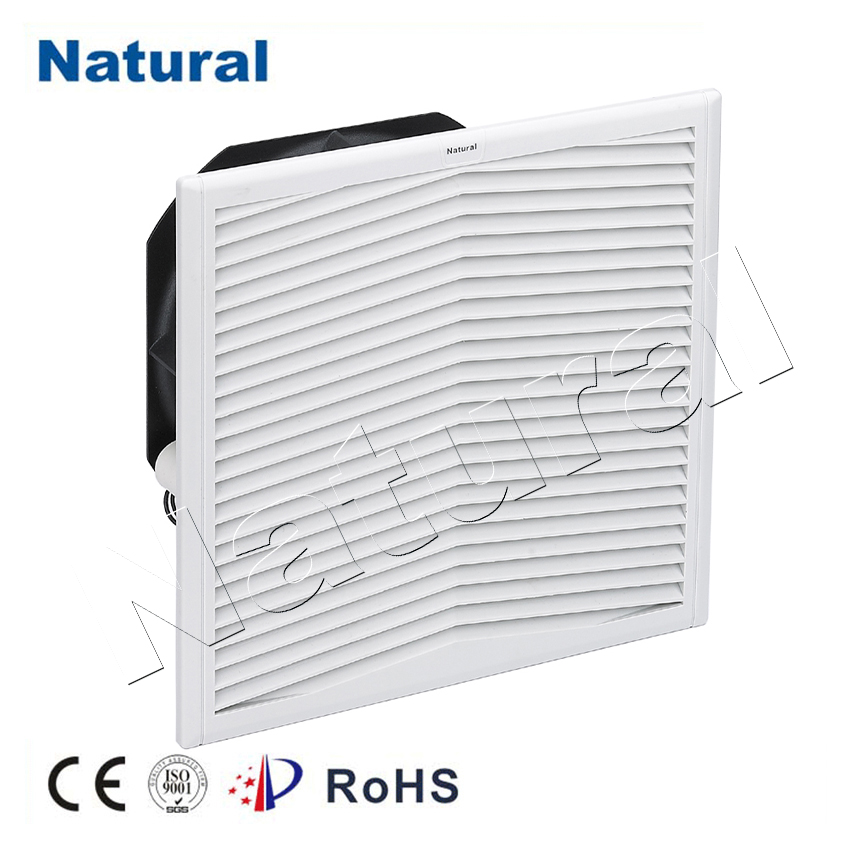In today’s world, where air quality is a growing concern, the importance of efficient air filtration cannot be overstated. Among the various types of air filters available, panel filters stand out as a versatile and effective choice. These filters have found their way into residential, commercial, and industrial spaces, providing numerous benefits that contribute to healthier environments and enhanced air quality.

Introduction to Panel Filters Panel filters, also known as flat filters, are air filters designed to capture airborne particles and contaminants from the air, preventing them from circulating and potentially causing harm. These filters consist of a fibrous or pleated material encased in a sturdy frame. The frame ensures easy installation and removal, making maintenance a hassle-free process. Panel filters are commonly used in heating, ventilation, and air conditioning (HVAC) systems, but their applications extend beyond this to areas like automotive and industrial equipment. Efficient Particle Capture One of the primary functions of panel filters is to capture particles that can degrade indoor air quality. These particles can range in size from large dust particles to smaller pollen, pet dander, and even microorganisms. Panel filters are designed with varying levels of efficiency, usually indicated by their MERV (Minimum Efficiency Reporting Value) rating. Higher MERV ratings signify better filtration performance, capturing a larger percentage of particles. This efficiency is particularly crucial for individuals with allergies, respiratory conditions, or sensitivities to airborne contaminants. Improved Airflow Efficiency in particle capture does not come at the cost of airflow. Panel filters are engineered to strike a balance between effective filtration and maintaining optimal airflow. Proper airflow is vital for HVAC systems to function efficiently and provide consistent temperature regulation. A clogged or inefficient filter can restrict airflow, leading to increased energy consumption and decreased system performance. Panel filters’ design prevents rapid clogging, ensuring consistent airflow and energy savings over time. Cost-Effectiveness Panel filters offer an economical air filtration solution. Their initial cost is relatively low compared to more advanced filtration technologies. Moreover, their long lifespan and the option for regular cleaning and maintenance further extend their cost-effectiveness. By regularly cleaning or replacing panel filters, you can ensure their continued efficiency and avoid the need for frequent replacements, saving both money and resources. Easy Maintenance Maintenance is a breeze with panel filters. Cleaning and replacing them are simple tasks that can be performed without professional assistance. Regular cleaning extends the filter’s lifespan and maintains its efficiency. Replacement schedules vary based on factors such as usage and indoor air quality, but manufacturers typically provide guidelines for optimal filter maintenance. Environmentally Friendly Option In an era when environmental sustainability is a priority, panel filters offer an eco-friendly air filtration option. The longer lifespan and ability to clean and reuse these filters reduce the volume of waste generated from disposable filters. Additionally, the energy savings resulting from proper airflow contribute to a lower carbon footprint, aligning with broader environmental conservation goals. Versatility in Applications Panel filters’ versatility extends beyond residential HVAC systems. They find applications in various industries, including automotive manufacturing, electronics production, healthcare, and more. Their ability to capture a wide range of particle sizes makes them suitable for diverse environments, enhancing indoor air quality and ensuring the well-being of occupants. Conclusion Panel filters emerge as an exceptional choice for achieving improved indoor air quality and maintaining efficient HVAC systems. Their efficient particle capture, optimal airflow, cost-effectiveness, ease of maintenance, and environmental friendliness make them a go-to solution for diverse settings. By incorporating panel filters into our indoor environments, we can breathe cleaner air, promote energy efficiency, and contribute to a healthier planet for generations to come.